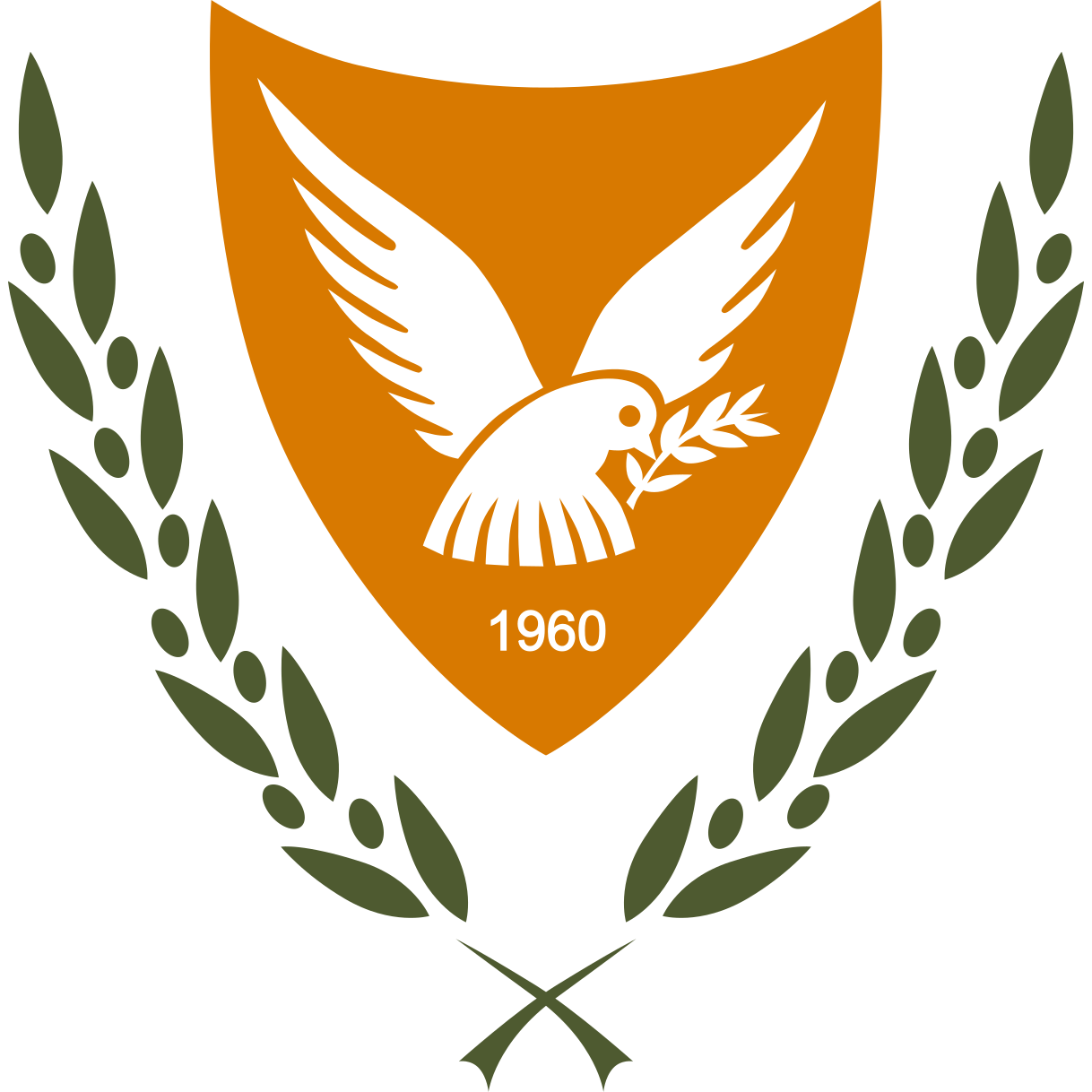

Clinical Laboratory Director
Practising as a Clinical Laboratory Director
General Information
In order to practise as a Clinical Laboratory Director in the Republic of Cyprus, one must be entered on the Clinical Laboratory Register, to the provisions of “The Registration and Operation of Clinical Laboratories Law of 1988 (132/1988)”, as periodically amended.
The term “Clinical Laboratory Director” means any person responsible for the scientific and technical operation of a clinical laboratory, including the supervision of methods and the preparation of reports on the results of the analyses in accordance with the provisions of the above Law.
Application Submission
Who is Eligible
Every physical person is eligible to register as a Clinical Labratory Director, provided that the Clinical Laboratory Registration Council is satisfied that the following criteria are met:
(a) is a citizen of the Republic, or the spouse of a citizen of the Republic and is habitually resident in Cyprus or is a national of a Member State;
(b) has reached the twenty-first year of his/her age;
(c) is a specialist doctor;
Or
(d) holds the following:
(1) a university degree or other equivalent diploma in biochemistry or microbiology or haematology or the related scientific sector (e.g. chemistry, pharmaceutical science or equivalent school as defined by the Council of Clinical Laboratories, by notification published in the Official Gazette of the Republic);
And
(2) Specialization certificate of at least one year in one of the following fields: clinical biochemistry, clinical microbiology, clinical hematology, immunology, serology or other related field (as defined by the Regulations, of any recognised educational institution or body of the State; as determined by the Council of Clinical Laboratories, by a notification published in the Official Gazette of the Republic);
Or
(e) is a Fellow of the Institute of Medical Laboratory Sciences of the United Kingdom,
Or
(f) has a four-year professional experience in a recognised (at the discretion of the Council for this purpose) Clinical Laboratory accompanied by a certificate of success in a special examination (after success in official examinations) of an competent body (determined by the Regulations);
Or
(g) was at the date which the law was published, ‘The Registration and Operation of Clinical Laboratories Law of 1988 (Law 132/1988)’, a Hospital Laboratory Technologist in any Government Hospital Laboratory and:
(1) has held a diploma or equivalent diploma as referred to in paragraph (d) and has completed service for more than 1 year in that post,
Or
(2) held a degree in Basic Laboratory Technology from the American University of Beirut or other equivalent, as defined by the Regulations, and has completed service for more than 5 years in that post,
Or
(h) holds the following:
(1) a diploma or other equivalent diploma, of any university or equivalent, of a school as defined by the Council of Clinical Laboratories, by notification published in the Official Gazette of the Republic, in the field of biochemistry, physics or other related field;
(2) has a special master’s degree in laboratory nuclear medicine.
Where to Apply
Clinical Laboratory Registration Council
41 Arch. Makariou, Office 21
1065 Nicosia
Phone: +357- 22758858
Fax: +357-22755252
Email: ccharila@spidernet.com.cy
Which Certificates must be Submitted
CERTIFICATES ACCOMPANYING THE APPLICATION FOR REGISTRATION OF A CLINICAL LABORATORY DIRECTOR:
(A) Birth Certificate or other proof of nationality (Civil Identity or Passport of Member State of the EU, Marriage Certificate in case of non-European who is married to a Member State citizen);
(B) ACADEMIC QUALIFICATIONS
Certified Copy of Doctor Specialization (Diploma and Laboratory Specialization) title in Histopathology, Medical Microbiology and Virology or another field of Laboratory Medicine;
OR
Certified Copies:
(1) University degree or another diploma in biology, microbiology, hematology or another relevant scientific field (e.g. chemistry, pharmaceutical science) and,
(2) Specialization Certificate in one of the following fields: clinical chemistry, clinical microbiology, clinical hematology, immunology, serology or another related field;OR
Certified Copies:
(1) University degree and,
(2) Specialization Certificate
for a person who is a “Fellow” of the “Institute of Medical Laboratory Sciences” of the United Kingdom;OR
Certified Copies:
(1) University degree and,
(2) Professional Experience Certificate as Lab Technologist
for a person who – at the date which the law for the Registration and Operation of Clinical Laboratories (“Ο περί Εγγραφής και Λειτουργίας Κλινικών Εργαστηρίων Νόμος του 1988 (Ν. 132/1988)” was officially published – was a Hospital Lab Technologist and is the holder of:
(a) A university degree in Biochemistry or Microbiology or Haematology or Chemistry or Pharmacology or other related field and has acquired/completed at least 1 year of professional experience as a Technologist or
(b) A university degree in Basic Laboratory Technology from the University of Beirut or other equivalent qualification and has acquired/completed at least 5 years of professional experience as a TechnologistOR
Certified copy of 4-year Professional Experience Certificate from a registered lab accompanied by a certificate of success in a special examination;
OR
Certified Copies:
(1) University Degree or equivalent qualification in the field of biochemistry or physics or other related field and,
(2) Postgraduate Diploma in Laboratory Nuclear Medicine;C) Original Training Certificate in Phlebotomy, where applicable (the certificate must provide a description of the place and duration of the training, for all applicants except doctors)
D) Original Clear Criminal Record Certificate (for citizens of the Republic of Cyprus) or
Certificate of ‘ Good Character ‘ or ‘Current Professional Status’ issued by the competent authority/ies of the Member State/s where you have worked in the past (for citizens of Member States).Note:
In the event that diplomas or certificates are in a language other than Greek or English, then certified translations must be submitted as well.
Fees Applicable & How to Pay
- Application for Registration to the Clinical Laboratory Directors’ Register, fee of €34
- Annual Licence for Practising the Profession, fee of €17,10
With the commencement of the operation of the Clinical Laboratory, a Clinical Laboratory Registration Certificate is issued to the name of the licensed Director
Dispute with the Competent Authority's Decision
How to File an Administrative Action
Administrative Action Against a Competent Authority’s Decision
A person who is not satisfied by a Council decision may, within twenty (20) days of the date on which the Council’s decision is notified to him/her, challenge that decision by written Administrative Action to the Minister of Health; this provision is regulated in the Health Professionals Registration Councils (Exercise of Hierarchical Administrative Action) Law of 2017.
Any person may file an Administrative Action at the Administrative Court against a decision, act or omission of any competent authority or body.
Pursuant to Article 146 of the Constitution, an Administrative Action may be lodged within 75 days from the date of the decision or act or omission or from the day when such decision or act or omission was notified to the applicant.
The Administrative Court acts as a cassation Court and not as a substantive Court. In other words, the Administrative Court may:
I. Dismiss the Administrative Action
II. Annul wholly or partially the contested decision or act
III. Compel the relevant authority or body to take a certain action
After a decision is annulled, the authority and/or public body must reverse things back to the state prior to when the concerned decision and/or act was executed and reexamine.
How to Appeal
Appeal Information
An Appeal may be filed against the Administrative Court’s first-instance decision within a period of 42 days from the date such a decision was given.
At the Supreme Court (Court of Appeal Section) hearing, the contested issue of the appeal remains the legality of the decision or act already adjudicated. However, such a revision of the legality of the decision or act is solely examined on the matters and the extent that the two parties have limited the reasons in the relevant notice of appeal.
The decision adopted by the Supreme Court is considered final in relation to the matter that has been judged.








